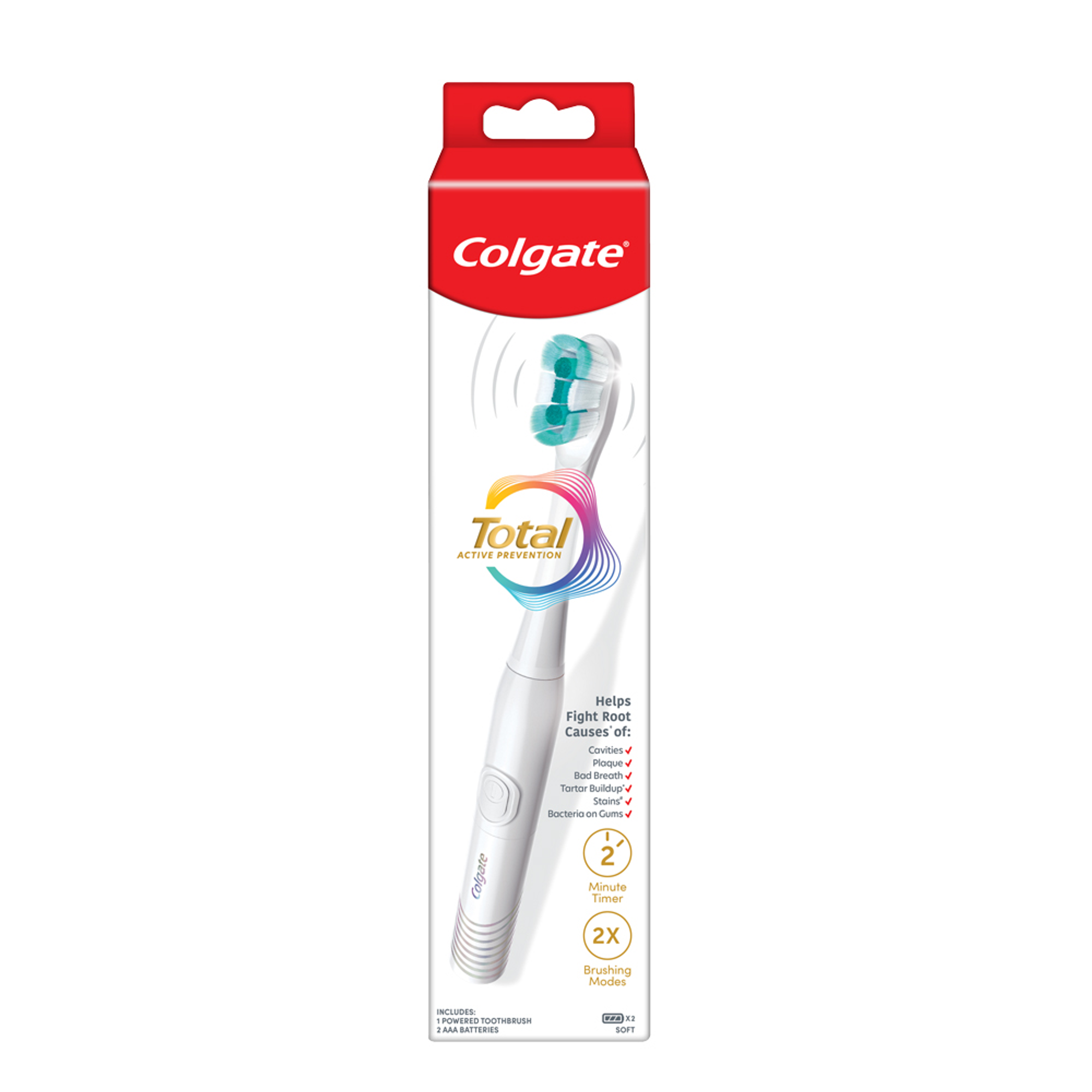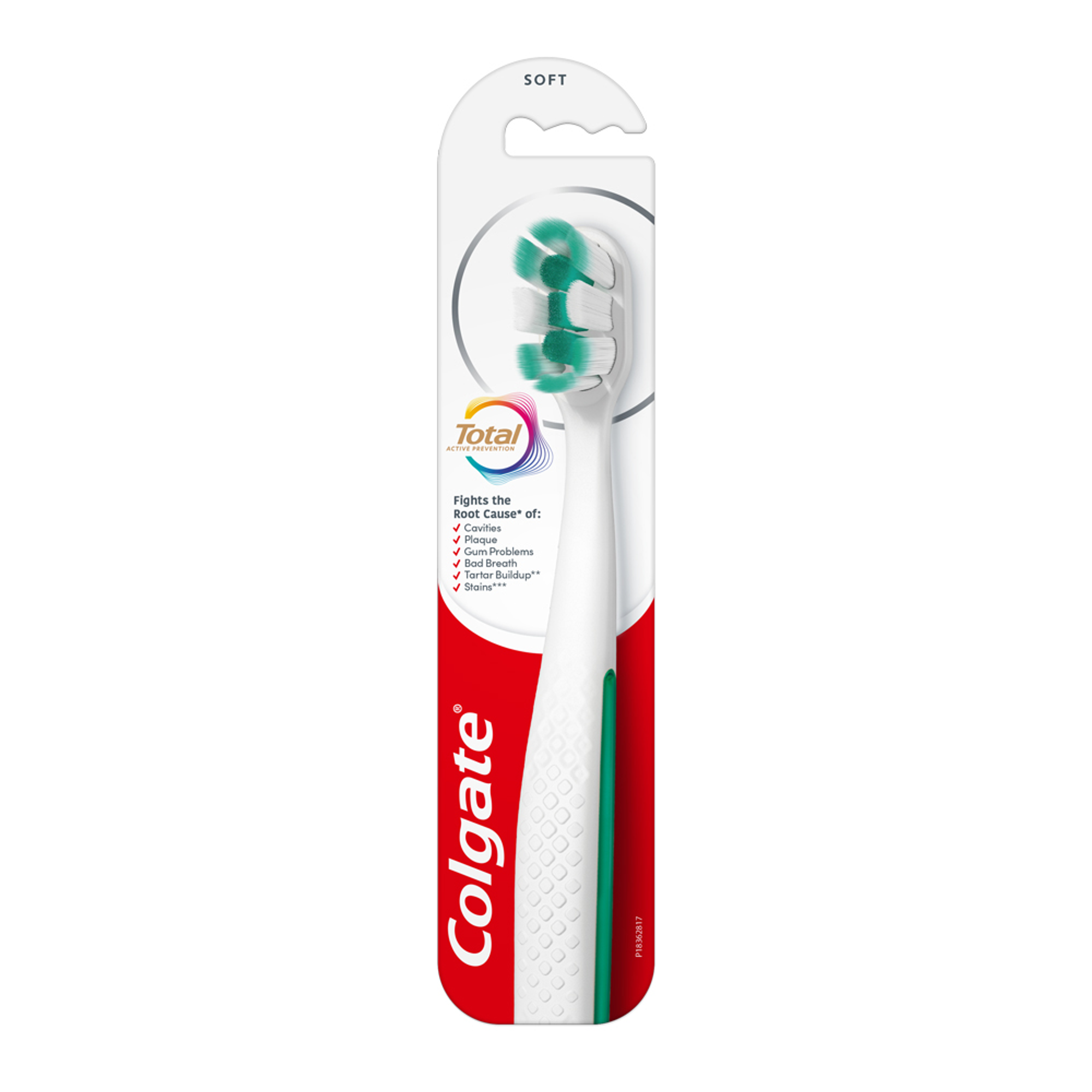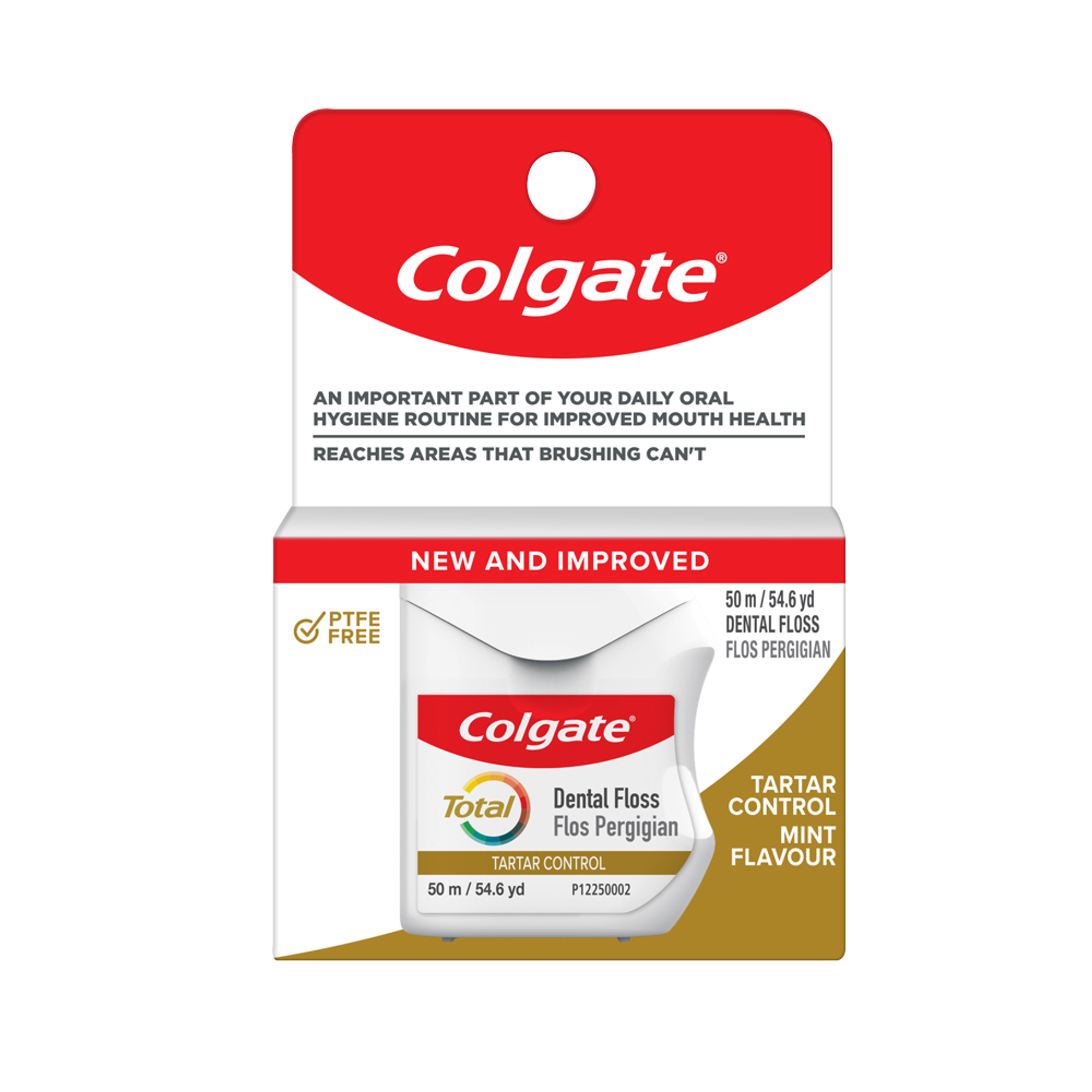Why Do Gums Bleed?
Gum bleeding is usually a sign of gum disease. Poor oral hygiene is the most common reason behind gum disease. However, there are also various non-dental reasons for bleeding gums. Long-term relief from gum bleeding requires detecting and addressing these causes early on. The non-dental factors that can possibly make the gums weak and bleed include:
Hormonal changes during pregnancy, menopause, or puberty
Vitamin C and vitamin K deficiencies
Underlying health conditions, such as diabetes
Compromised immune system
Certain medications, such as blood thinners
What do Bleeding Gums Mean?
Most of the time, bleeding gums while brushing or flossing indicates some form of gum disease. Gums can bleed easily during the early stage (gingivitis) and the advanced stage (periodontitis). If your otherwise healthy gums bleed, there may be several other reasons why it happens.
Gums can bleed as a result of aggressive brushing or incorrect flossing. Certain health conditions or nutrient deficiencies can also weaken the gums, causing bleeding. Gums may also bleed if you are wearing poorly fitting dental appliances. Knowing the different causes of bleeding gums is crucial to determining the right solution for an effective cure.
Dental Conditions That Can Cause Bleeding Gums
The bleeding gums causes of dental origin mostly include early or advanced periodontal diseases. Gum disease results from poor dental care, which causes the buildup of plaque along the gum line. Gums can also get damaged and bleed for other reasons. They include incorrect flossing, aggressive brushing, and injuries. Mouth ulcers and ill-fitting dental wear, like dentures, can irritate the gums and cause bleeding.
While caring for dental health, it is vital to look out for various oral conditions that can affect the gums. Besides weakening the gums and making them bleed, they can have potential implications if left untreated. These dental conditions include:
Gingivitis
Gingivitis is a mild and early form of gum disease. It results from the build-up of plaque (a sticky biofilm of bacteria) along the gum line and teeth. It causes irritation and swelling of the gums around the base of the teeth. If not removed by flossing and brushing, plaque hardens to tartar, worsening the inflammation of the gums further.
Red, tender, and swollen gums that bleed when you brush or floss are symptoms of gum disease in its early stage. Bleeding gums treatment in this stage includes dental cleaning to remove plaque and tartar deposits. With a proper oral care regimen, you can reverse the effects of gingivitis.
Periodontitis
If left untreated, gingivitis turns into a more severe and irreversible form called periodontitis. The gum infection spreads, affecting the soft tissues and the supporting bone. Besides their redness and swelling, the gums start pulling away from the teeth. Receding gums cause sensitivity. They create pockets between teeth and gums, and make teeth appear longer. An unpleasant taste and bad breath are likely.
Treatment of periodontitis aims to stop the infection from spreading further. Besides professional cleaning, dentists may suggest surgical procedures to restore gum health. Severe gum disease can profoundly damage the supporting bone and tissues if not treated. This leads to loose teeth, pain while biting, and tooth loss.
Vitamin Deficiencies
Gum health and overall dental health are closely linked, and nutrition plays a key role in maintaining both. A balanced vitamin-rich diet supports strong gums and teeth and helps you fight infections, while poor nutrition can contribute to gum disease and other oral health problems. Lack of some vitamins, such as Vitamin C, K, B12, and D, can make the gums weak and susceptible to problems. For this reason, it is essential to adopt a nutritional diet. It’s best to consult a healthcare expert if you suspect a deficiency.
Bleeding Gums Treatment
Bleeding gums indicate an underlying problem. Whether oral in origin or not, it is essential to identify and treat it at the start. Gum disease, if ignored, can lead to serious implications, such as gum recession, pain, and tooth loss. Bleeding gums treatment for the early stage of gum disease boosts gum health and stops the infection from progressing. Thus, it saves you from possibly having a gum recession cure or a restorative procedure later.
Treatment for gum bleeding ranges from home remedies to treatments offered by dentists. If you are seeking solutions on how to stop bleeding gums, here are some options to consider:
Professional Treatment For Bleeding Gums
If you are wondering how to cure bleeding gums, consulting a dentist for a proper diagnosis is vital. The dentist will examine your gums to rule out possible non-oral factors. If gum disease is identified, your dentist may refer you to a periodontist for treatment. Bleeding gums treatments aim to cure the infection and repair the damage. They vary based on the gum disease stage and the severity of the damage. These professional treatments include:
Scaling and root planing: Deep cleaning helps reverse gingivitis. It cures the infection by removing tartar and plaque deposits from the teeth and below the gumline. It also smoothens the tooth root surfaces so that the gums can reattach.
Surgical procedures: Severe gum disease damages the supporting tissues and bone. In such a case, a deep cleaning procedure is not enough. Surgical procedures can help reshape the gums and reduce deep pockets. They also save you from tooth loss. Your dentist may also suggest antibiotics to fight the infection.
Bleeding Gums Treatment at Home
As bleeding gums can be a serious concern, one may look to ease the discomfort somehow. Home remedies for bleeding gums can offer only temporary relief. Consulting a dental hygienist is crucial for an effective cure. Here are some tips that can help with your oral health and soothe your discomfort before the dental appointment:
Good dental hygiene: It includes brushing twice and flossing once every day. Include a soft-bristled toothbrush that is gentle on the gums and fluoride toothpaste. Use a dentist-recommended antibacterial mouthwash to keep infections at bay. Brush gently and floss correctly.
Remedies to relieve discomfort: Many consider saline rinse as a sore gums home remedy. Rinsing the mouth with warm salt water soothes the gums. You may apply a cold compress to relieve the discomfort of swollen gums.
Dietary and lifestyle changes: Refrain from smoking and alcohol intake to avoid irritating the gums. Avoid hard foods that may likely irritate the gums. Adopt a nutritional diet, including vitamins. Limit sugary foods and drinks that promote harmful bacteria and tooth decay.
When to See a Dental Professional?
Regular dental check-ups are crucial for dental health. They help catch potential problems in advance. Sometimes, bleeding gums may heal on their own. However, consulting a dentist is vital if the bleeding lasts over a week or worsens over time. Ideally, do not delay a dental visit if you notice pain in the gums or teeth, receding gums, bad breath, or loose teeth.
If you are wondering how to prevent bleeding gums, improving your oral care regimen is the first step. Bleeding gums are often a sign of underlying gum diseases. Treating them early on avoids gum recession and tooth loss. Home remedies offer only temporary relief from the discomfort, but bleeding gums treatment from a dentist provides an effective cure. Proper oral care with daily brushing, flossing, and routine dental check-ups is essential for a healthy smile.
Frequently Asked Questions
Why do my gums bleed when I brush my teeth?
Bleeding gums while brushing are often a sign of gum disease. It could be an indication of gingivitis, an early form of gum disease, or periodontitis, a more advanced form. Other possibilities include aggressive brushing, certain medications, and underlying health conditions. Consult a dentist for a proper diagnosis and treatment.
How to cure bleeding gums fast?
While there is no quick fix for bleeding gums, it is best to visit a dentist for a proper diagnosis and treatment. It is also important to maintain good oral hygiene, avoid irritants, and eat a balanced diet. Consistent oral care, including regular dental check-ups, is key for gum health.
Are there home remedies for swollen gums?
Home remedy for swollen gums offers short-term relief but does not address the root cause. Warm saline water rinses and cold compresses can temporarily soothe swollen gums. However, if swelling persists or you notice other symptoms, visit a dentist for a proper diagnosis and treatment.
Can you stop gum bleeding at home?
If you are thinking of how to stop bleeding gums, enhancing your oral hygiene is the first step. If your bleeding gums are caused by early gum disease, they may heal with good dental care. If the gums continue to bleed despite home care, consult a dentist for a proper diagnosis and treatment.














